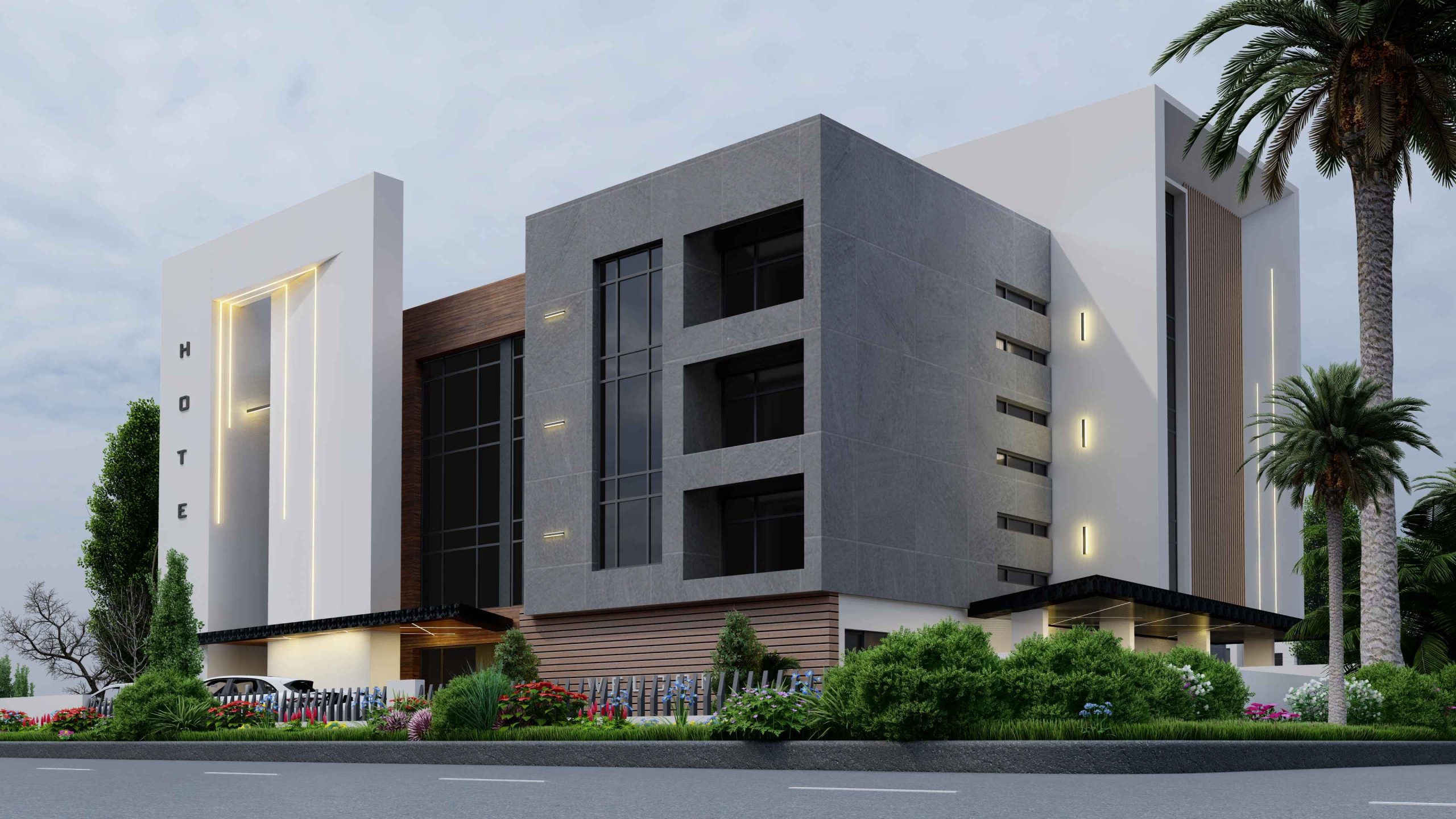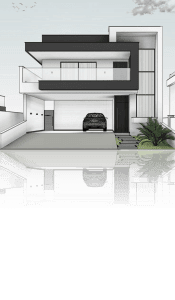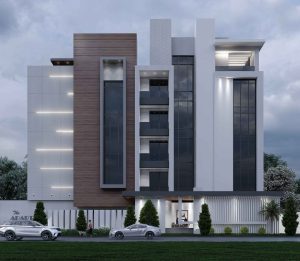Culture plays a significant role in Nigerian architectural design. It influences various aspects of architectural expression, including:
Architectural Styles: Nigerian architecture reflects the diversity of the country’s culture and heritage. Different regions and ethnic groups have unique architectural styles, such as the traditional mud-brick houses of the Hausa in the north, the igloos of the Igbo in the southeast, or the coral-stone buildings of the Edo people in the south.
Materials and Construction Techniques: Cultural practices and available resources shape the choice of materials and construction techniques. For example, the use of mud bricks, thatch roofs, and decorative carvings is common in many traditional Nigerian buildings.
Spatial Layout: The spatial arrangement of rooms and compounds is often influenced by cultural norms and family structures. Concepts of privacy, communal living, and social hierarchies impact the layout of homes.
Symbolism and Meaning: Architectural elements often carry cultural and religious symbolism. For instance, the Yoruba people incorporate intricate carvings and motifs into their buildings, reflecting their spiritual beliefs and traditions.
Climate Adaptation: Nigerian architecture considers the climate of the region. Designs incorporate features like large windows for ventilation, shaded courtyards, or raised platforms to adapt to local weather conditions.
Modern Influences: Contemporary Nigerian architects often blend traditional elements with modern
designs. This fusion respects cultural heritage while meeting the functional demands of today’s society.
Urbanization and Globalization: Rapid urbanization and globalization have also influenced architectural design in Nigeria. Western architectural styles and materials have made their way into urban centers, leading to a mix of traditional and modern architectural forms.
In summary, culture in Nigeria plays a vital role in shaping architectural design, influencing everything from aesthetics and materials to the overall layout and functionality of buildings. It reflects the rich and diverse cultural tapestry of the country.



